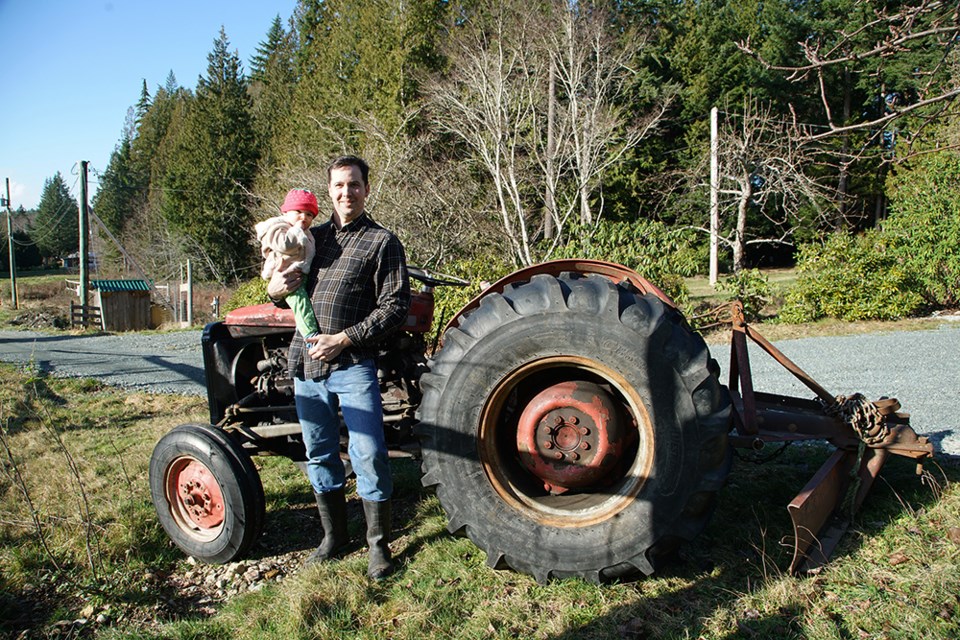New rules will allow property owners in the agricultural land reserve (ALR) increased housing flexibility, helping farmers and non-farmers support their families and businesses in their communities.
According to a BC government media release, options for an additional small secondary home have been added to regulations, allowing farmers and ALR landowners to have both a principal residence and small secondary residence on their property with a streamlined approval process. Only permissions from local government or First Nations government will be required, and there will be no application to the Agricultural Land Commission (ALC).
In an interview with the Peak, qathet Regional District (qRD) area farmer Mark Gisborne said this is welcome news for the agricultural community of British Columbia.
“It is a step in the right direction towards collaborative, multigenerational agriculture,” said Gisborne. “The intention of the ALR is to prevent urban sprawl on agricultural land."
The media release stated that additional residences can be used for housing extended family, agritourism accommodation, housing for farm labour or a rental property for supplemental income. There is no longer a requirement that additional residences must be used by the landowner or immediate family members.
“In 2018, the provincial government imposed greater restrictions regarding residential uses on ALR by removing the exemptions for secondary residences,” said Gisborne. “The decision generated additional unnecessary challenges for small family farms and increased the administrative burden on local governments and the taxpayer.”
Gisborne said that every year, local government representatives from across the province gather to express a collective voice to the provincial government through the Union of British Columbia Municipalities (UBCM).
“At the 2019 UBCM, residential flexibility on ALR was a hot topic,” said Gisborne. “The members of the UBCM passed a resolution requesting the provincial government reverse its restrictive housing decision. Many voices from across the province echoed this request. Voices included agricultural associations, to Facebook groups to individuals sending in letters.”
Gisborne said this recent news announcement highlights the power of advocacy and importance of local governmental collaboration through organizations such as UBCM and the Association of Vancouver Island and Coastal Communities.
“Working through collaborative organizations, local government-elected officials are able to advocate for change, with or without the support of their local boards and councils,” said Gisborne.
Examples of flexible housing options permitted under the regulation include, but are not limited to: garden suites, guest houses or carriage suites; accommodation above an existing building; manufactured homes; and permitting a principal residence to be constructed in addition to a manufactured home that was formerly a principal residence.
Farming families will continue to be able to apply to the ALC for multiple, larger homes if they are necessary for farming purposes. The new rules come into effect December 31, 2021.



